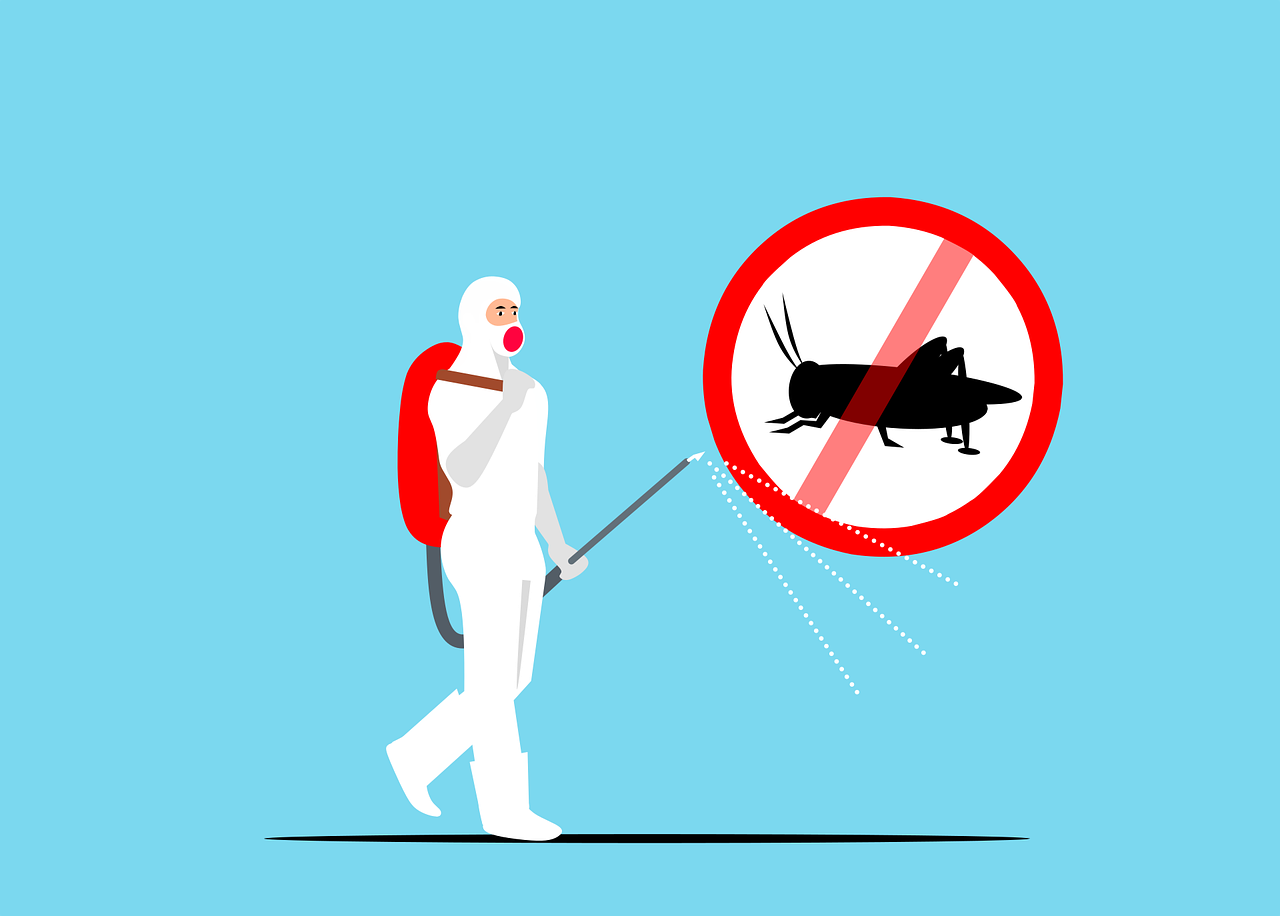 As a new homeowner, it’s essential to prioritize pest control to maintain the comfort and safety of your living environment. Pests like termites, wasps, rats, and bats can cause significant damage to your property if left unchecked. Whichever your location may be, it’s crucial to be proactive in protecting your home from these stubborn invaders, even before seeking professional assistance.
As a new homeowner, it’s essential to prioritize pest control to maintain the comfort and safety of your living environment. Pests like termites, wasps, rats, and bats can cause significant damage to your property if left unchecked. Whichever your location may be, it’s crucial to be proactive in protecting your home from these stubborn invaders, even before seeking professional assistance.
Let us explore effective pest control strategies that every new homeowner should consider.
Table of Contents
Inspect and Seal Entry Points
To prevent pests from infiltrating your home, thoroughly inspect your property for potential entry points. Small cracks, gaps around doors and windows, and openings in the foundation are common access points for pests. Seal these openings using caulk or weatherstripping. This simple step can significantly reduce the likelihood of pests finding their way into your home.
Maintain Cleanliness and Organization
Pests are often attracted to clutter and unclean environments. Keeping your home clean and well-organized is an effective preventive measure. Regularly sweep and vacuum floors, wipe down surfaces, and promptly dispose of garbage. Pay attention to the kitchen area, as food residues can attract pests. Additionally, store food in sealed containers to minimize the risk of infestations.
Remove Attractive Outdoor Habitats
Pests always find their way into your home from the outside. To mitigate this risk:
- Remove any attractive habitats around your property.
- Trim overgrown vegetation, especially near the foundation, as it can provide hiding spots for pests.
- Keep firewood stacked away from the house and ensure it is raised off the ground to discourage termites and other wood-destroying insects.
Implement Proper Waste Management
Proper waste management is crucial in preventing pest infestations. Dispose of trash regularly and use sturdy, tightly sealed bins. Avoid leaving garbage bags outside overnight, attracting pests like raccoons and rats. If you have a compost pile, ensure it is properly maintained and located away from the house.
Consult Professional Pest Control Services
Professional pest control companies specializing in termite control in CT and bat removal in CT, as well as other areas, possess the knowledge and tools to handle these pests effectively. They have the expertise to implement targeted strategies, including professional bait systems, to protect your home from these persistent invaders. They can also provide guidance on preventive measures to avoid future infestations. While proactive measures can significantly reduce the risk of pest infestations, there may be instances where professional intervention is necessary.
Pesticide Use
In certain situations, the use of pesticides may be necessary to control pest infestations effectively. However, it is essential to approach pesticide use with caution and responsibility. Here are some guidelines to follow:
- Identify the pest: Properly identify the pest causing the issue in your home. This will help you choose the appropriate pesticide for targeted treatment.
- Read the labels: Carefully read and follow the instructions on pesticide labels. They provide crucial information on dosage, application methods, safety precautions, and potential hazards.
- Select the right product: Choose pesticides specifically formulated for the target pest and follow any restrictions or guidelines provided. Also, make sure they are registered to avoid health hazards.
- Targeted application: Apply pesticides only to the affected areas, avoiding unnecessary use in non-affected areas. This approach minimizes exposure and potential harm to non-target organisms.
- Store properly: Store pesticides in their original containers, out of the possible reach of children and pets, and in a cool, dry place. Dispose of any unused pesticides responsibly according to local regulations.
Bottom Line
As a new homeowner, pest control should be a priority to safeguard your property from potential damage and health hazards. You can minimize the risk of pest infestations by implementing preventive measures, such as sealing entry points, maintaining cleanliness, removing attractive outdoor habitats, and practicing proper waste management. Remember, a proactive approach is critical to enjoying a pest-free living environment.







